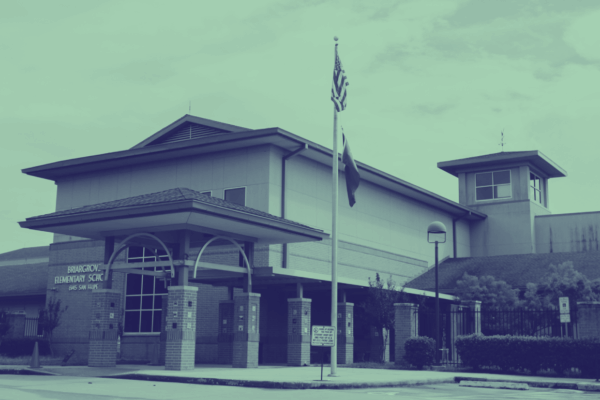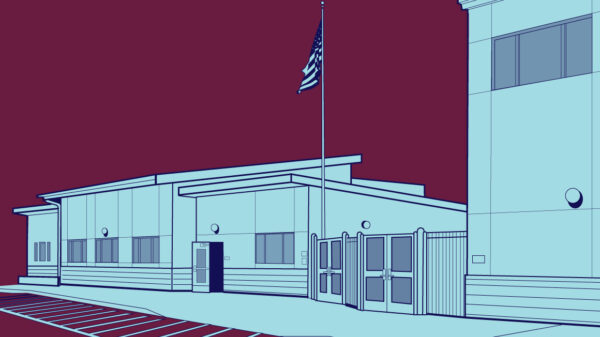With the school year underway, thousands of students around Texas have settled in for another year of learning and academic achievement.
Of course, we all know that for many students, school isn’t just about learning. It’s also a place where young people learn to navigate their peers, society, and themselves. And they should be able to do so in a safe and accepting environment, as is their right.
Unfortunately, for some students in Texas, the school environment can sometimes be unsafe and unsupportive.
Last year, a transgender student from the Rio Grande Valley contacted the ACLU of Texas because his teachers refused to use his gender-affirming name and pronouns. They continued using his dead-name, or the name associated with the gender assigned to him at birth, despite his request to stop. By doing this, the teachers “outed” him to his peers as transgender since this student dressed and presented in alignment with his gender identity. This refusal to use the student’s affirming name and pronouns created a hostile environment for him, and exposed him to bullying and harassment. All of this made him feel misunderstood, embarrassed, and unsafe at school.
Unfortunately, stories like this are not uncommon. Across the state, LGBTQ students are much more likely to face discrimination than their heterosexual and cisgender peers. Approximately 72% of Texas LGBTQ students have experienced verbal or physical harassment related to their sexual orientation or gender identity. Additionally, transgender, non-binary, and gender nonconforming students are often singled out and discriminated against in dress codes, access to facilities, and ability to participate equally in sports and other activities.
Black and Latinx students also bear a disproportionate impact of discriminatory school policies, including in dress and grooming codes. Some Texas school districts impose gender and racial stereotypes onto students through dress codes and frequently target Black students for wearing natural hairstyles. These arbitrary policies restrict many Black and Latinx students’ personal autonomy while also leading to disproportionate disciplinary measures. The policies can also exacerbate the school-to-prison pipeline, where Black and Latinx students are far more likely to be disciplined and receive out-of-school suspension.
Despite the unjust treatment that many LGBTQ, immigrant, and Black and brown students in Texas experience, it’s important to know that these students have a right to be free from this unacceptable treatment. That’s one of the reasons we have developed a hub of Know Your Rights information for students.
This hub contains important information on how to address bullying and harassment, resources for transgender and non-binary youth in Texas, free speech in schools, and how to start a Gender and Sexuality Alliance. Even within school walls, students absolutely have rights, and it’s essential that they know what they are in order to advocate for themselves, their safety, and their well-being.
In the last year, we have helped dozens of students, including transgender students seeking equal access to public spaces like restrooms and trying to update their academic records to reflect their affirming name and pronouns. And thankfully, just like the school district in the Rio Grande Valley which agreed to use the transgender student’s affirming name and pronouns, most school districts eventually agree to respect LGBTQ students’ rights — as they are legally obligated to do.
We will continue to fight for students and their rights in classrooms, in courtrooms and before school boards across the state. Join us in this effort by sharing our Students’ Rights hub with a student, parent, or educator in your life.
And if you are a student who has faced harassment, bullying, or discrimination in school, remember that you are not alone, and we are here to help.



